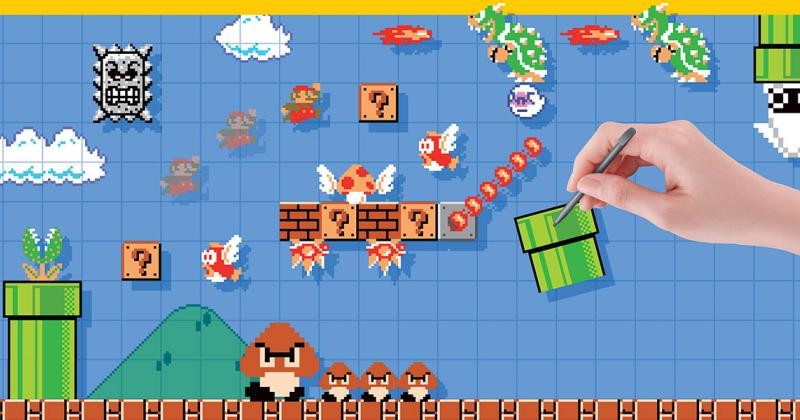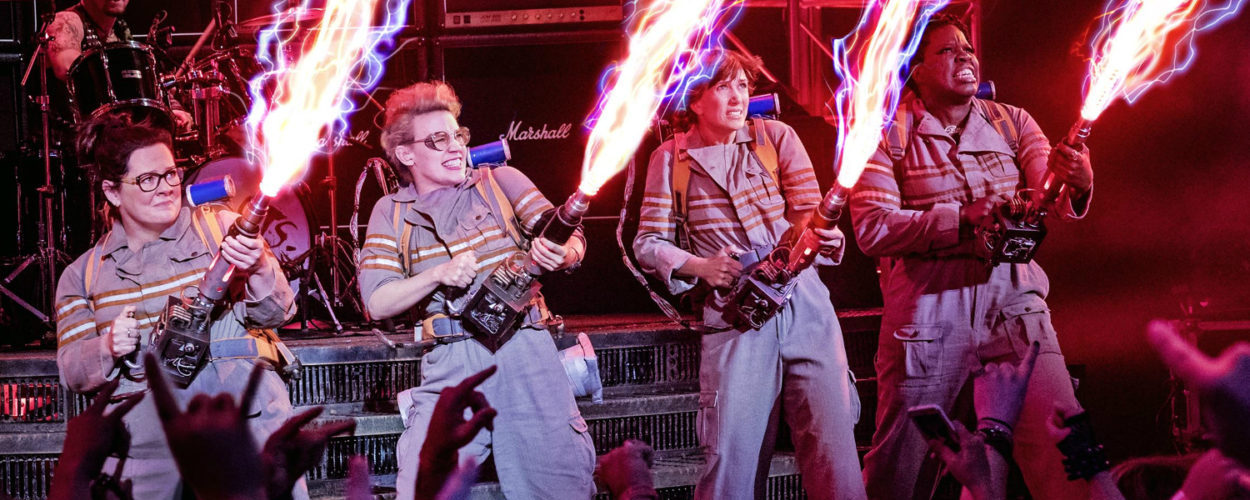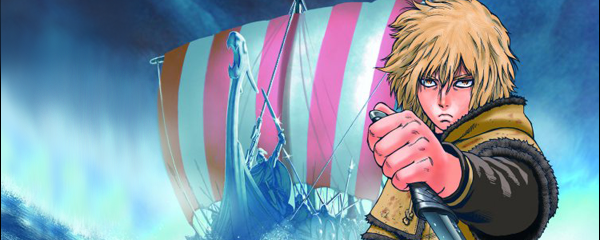Video games often place us in empowering heroic roles, but what Blizzard has accomplished with Overwatch, their new six-on-six multiplayer shooter, feels simply superhuman. Overwatch does with the team shooter what World of Warcraft did with the MMORPG; it approached an established genre and refined the experience, so everyone has a fighting chance to have fun. The accessible gameplay, combined with smooth controls and intense moments of teamwork, make Overwatch an achievement of Herculean proportions. Grab your fellow heroes (or villains, if that’s your style); it’s time to answer the call to play Overwatch.
I Can Be Your Hero, Baby
Overwatch is a multiplayer-only FPS — a strange departure for Blizzard’s usual narrative-heavy games. Overwatch isn’t without story, but you won’t find much of one in the game itself; it’s more of a backdrop for the combat and a reason to visit a number of real-world and inspired-by real-world locations. The fighting takes place on Earth sixty years in the future, and it’s a world that is in desperate need of heroes. Robot uprisings have begun ravaging the world, and terrorist organizations are targeting the former members of Overwatch, a disbanded international peacekeeping force that has been called into action once again. Now, the surviving agents have begun returning to the front to ensure ours is a future worth fighting for.
Although its lore exists outside of the game itself, mainly in the form of comics and Blizzard’s stunning short animations, Overwatch oozes personality and style. This auxiliary content only enhances my love for the game, as I can choose to learn more about the colorful world Blizzard has created or ignore it and focus instead on its frenetic, explosive six-versus-six gameplay.
Overwatch sports a roster of 21 heroes, divided into Offense, Defense, Tank, and Support heroes. From the sniper Widowmaker to the guardian angel Mercy, heroes enter matches with several unique special abilities. Each hero also has a powerful Ultimate ability that charges up slowly over time, or charges more quickly when you do damage. These are game-changing powers that can completely turn a match around, like Mei’s area of effect Blizzard or Pharah’s devastating rocket-powered Barrage. Support classes have less damaging ultimates but are no less impactful, like Symmetra’s Teleporter and Mercy’s Resurrect.
Overwatch has four game modes, including king-of-the-hill-style Control, the zone-capturing Assault, the payload-moving Escort, and Control/Escort, which combines two other modes. There are twelve maps in all, each featuring a unique theme, such as a wrecked train car along Route 66, or a Hollywood movie set. Map layouts encourage a huge amount of gameplay variety, offering plenty of space to try different routes and strategies to complete objectives.
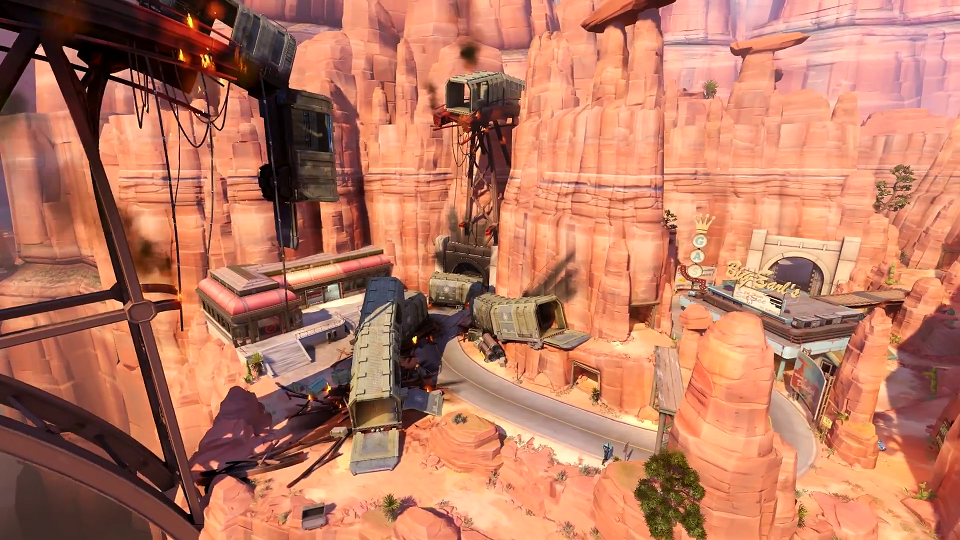
Discovering which heroes work well on which maps is key to victory. For example, the cyborg ninja Genji approaches the Dorado map as a platforming playground, double-jumping across rooftops to get behind enemy lines so he can pick off the enemy’s fragile defenders. However, a Reaper may use his skills as a shadowy assassin to teleport into the side alleys, enabling him to easily flank and ambush healers.
The unique abilities make each hero feel distinct from one another, and more importantly, make you feel powerful. For example, Hanzo can climb walls to gain better vantage points to pick off enemies with his bow, while few things make you feel as unstoppable as activating Reinhardt’s Barrier Field, which blocks nearly all forms of damage. Blizzard has made a game that feels accessible and familiar but with a layer of mastery that can only be achieved through a deep understanding of how heroes work together to overcome challenges.
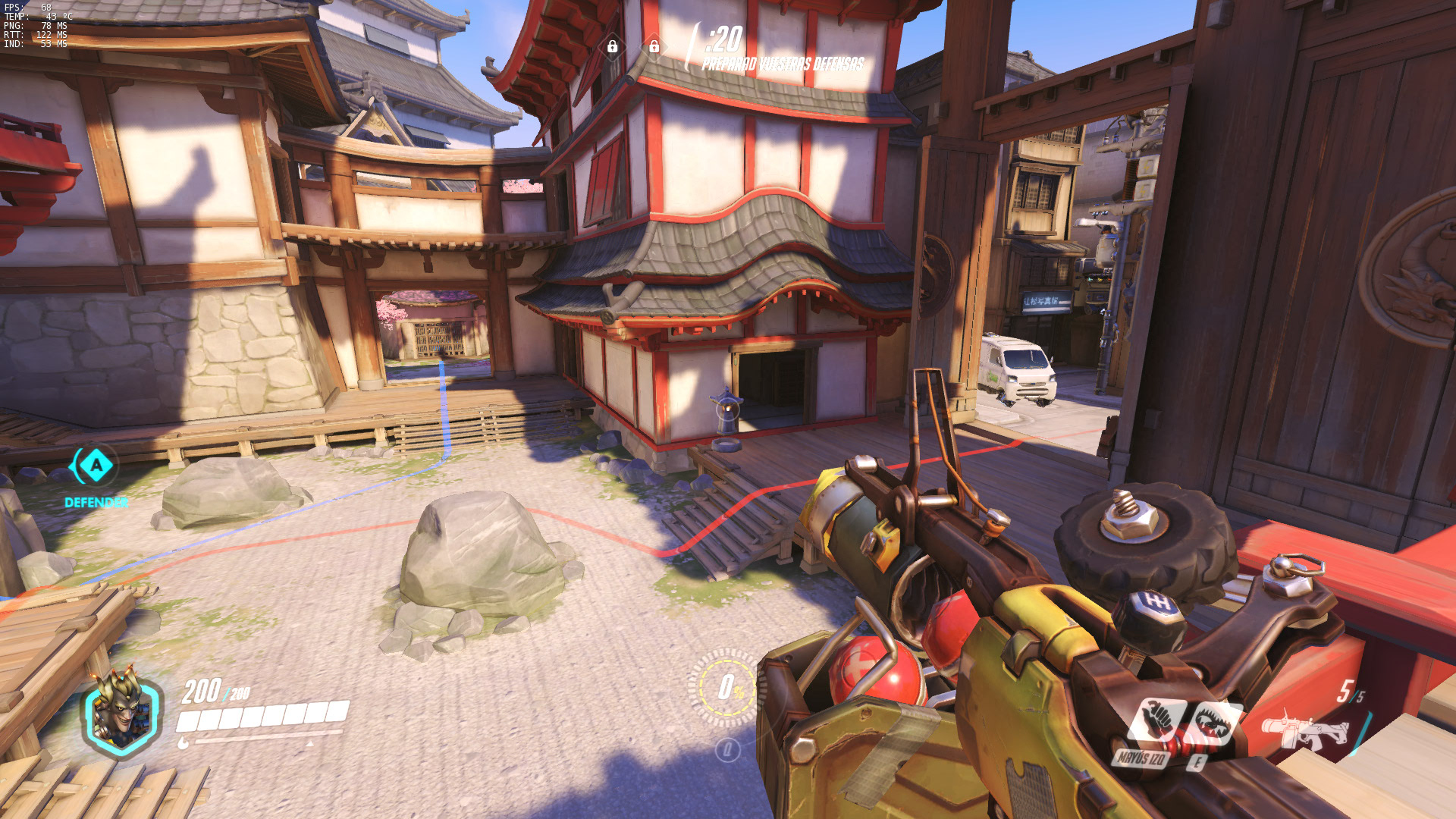
There’s no “I” in “Team,” But there Should Probably Be a Lúcio
Learning which heroes go with which maps is an important part of Overwatch, but working together with your team is the true core of what will be its long-lasting appeal.
Building the right team composition of Offense, Defense, Tank, and Support heroes can make or break a match. A balanced team that incorporates all four hero types will usually do pretty well, but you may find deviating from the normal formula to be to your advantage. Is the Attacking team high on damage? Two Support heroes can be great at healing up the extra hurt. Is the Defending team hunkering down with turret heroes like Bastion and Torbjorn? Some extra snipers can help clear the way of your teammates to push on to the objective. Understanding the flow of battle and identifying the appropriate counters to the enemy team matters in a big way.
Arguably the biggest way to affect the state of a match gone wrong are heroes’ Ultimate abilities. If you can coordinate with your team, you can combine these powers in ways that can totally turn a game around or ensure an already assured victory. For example, Zarya can suck enemies together using her Graviton Surge, painting a perfect target for a multiple-target AoE attack like Reaper’s Death Blossom or Mei’s Blizzard.

In the current climate of team-based multiplayer games, I feel there’s a pressure to make a difference. From MOBAs to competitive shooters, every team member has to pull their weight, and if you don’t you’re either scorned or outright berated. With Overwatch, the highly specialized hero abilities, along with the ability to change which hero you’re playing as on the fly, creates a kind of balance. It’s a game where it feels like anyone can make a play that can help their team win.
Looks (and Sounds) like a Blizzard Out There
Like many of Blizzard’s other games, Overwatch is highly stylized, forgoing hyper-realistic graphics for a more cartoon-y, Pixar-perfect style. It will, in my opinion, look timeless compared to other FPSs that will only show their age as technology improves.
The pleasing aesthetics are more than just eye candy. Nearly everything about how Overwatch looks and sounds is meant to quickly convey information to its players. Everything from the minimalist HUD to the audio blips that sound when you’ve scored an elimination, is intuitive and tells the player something useful. For example, landing damage on an enemy sends out little audio “ticks” in addition to depleting their visible health bar. Even Ultimates have audio cues, which happen in the form of your hero calling out their attack, DragonBall Z-style; this tells your team to coordinate their abilities for a big push, as well as warns your enemies. Since the audio plays for both sides, a surprise attack rarely feels unfair and is instead the result of good positioning. So if you die to the cowboy mercenary McCree’s Ultimate, it could be because you didn’t run for cover when he drawled out, “It’s high noon.” After all, you had fair warning.
Just about every second of every Overwatch match feels fun. Even losing feels fun (to a degree; it’s still much more fun to win). Regardless of whether you win or not, you still gain XP that can earn you loot boxes; these unlock new skins, sprays, emotes, and more to outfit your heroes with. This purely cosmetic customization is Overwatch’s only form of progression, which I think is a smart move. This lets players focus on becoming skilled with heroes’ core abilities rather than feeling like you died because someone had better gear than you.
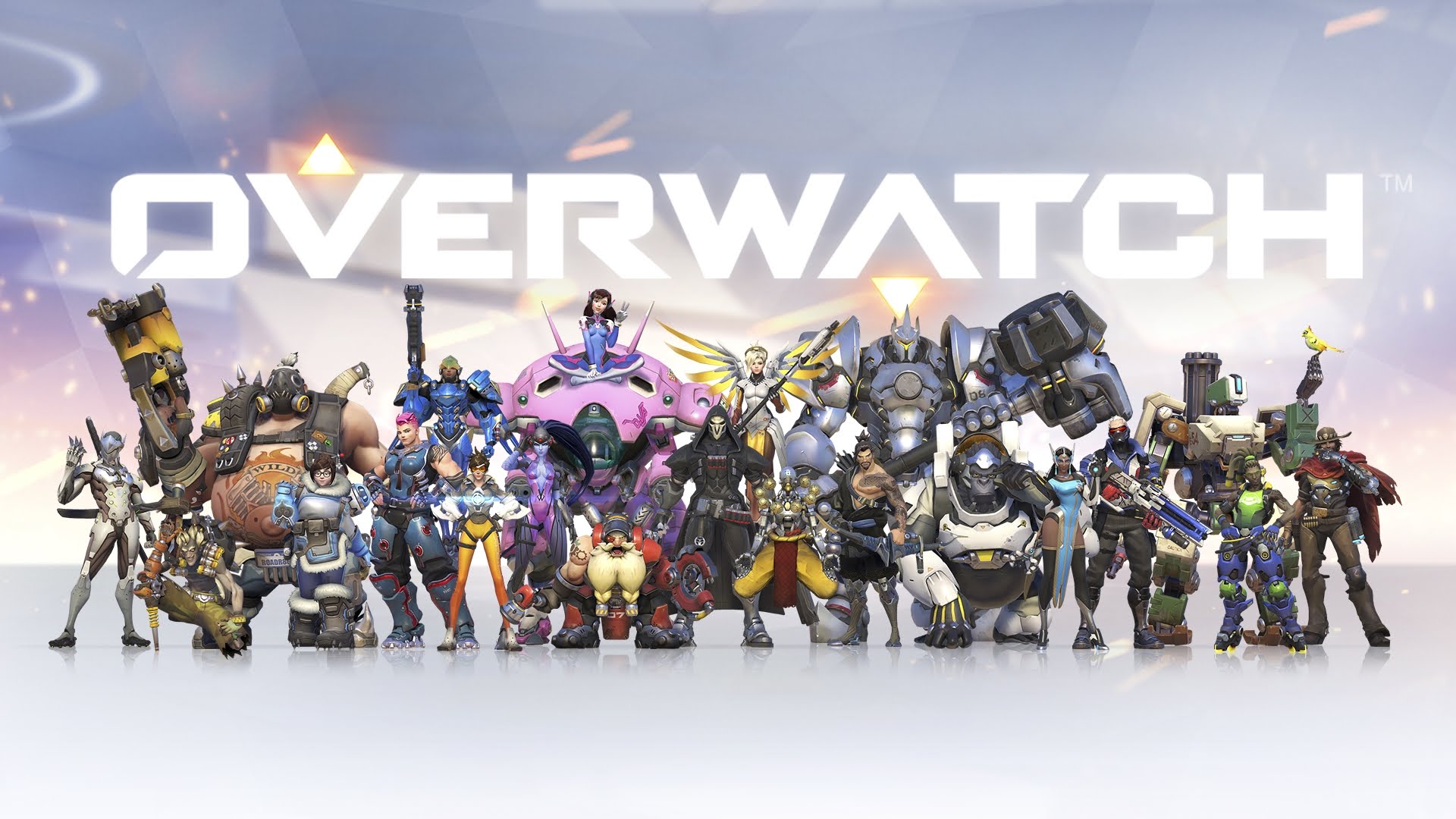
When you’re winning, and your team is coordinating in perfect unison, Overwatch makes you feel like you can do anything. I have yet to have any serious issues with Overwatch; I think the heroes and maps feel balanced and cater to a wide variety of player skill and playstyles. However, the simple fact remains that certain players just might not gravitate toward the online multiplayer shooter genre. If that’s the case, I would recommend playing Overwatch with your friends every chance you can get. Otherwise, you might find it frustrating when pick-up groups treat Overwatch like glorified team deathmatches, choosing to chase down enemies instead of coordinating attacks on the objective; this kind of play will usually lead to frequent trips to the spawn point. But I genuinely believe there’s a little something here for everyone. The emergent moments that come from the combination of heroes, maps, and abilities would be enough to convince even the shyest gamer that Overwatch is worth a shot.
And if that’s not the case, let me know in the comments, and I’ll do my best to convince you otherwise. If you’re playing on PS4, I’ve got a damage boost with your name on it.
NitWitty Score: The World Needs More Games (Like Overwatch)





